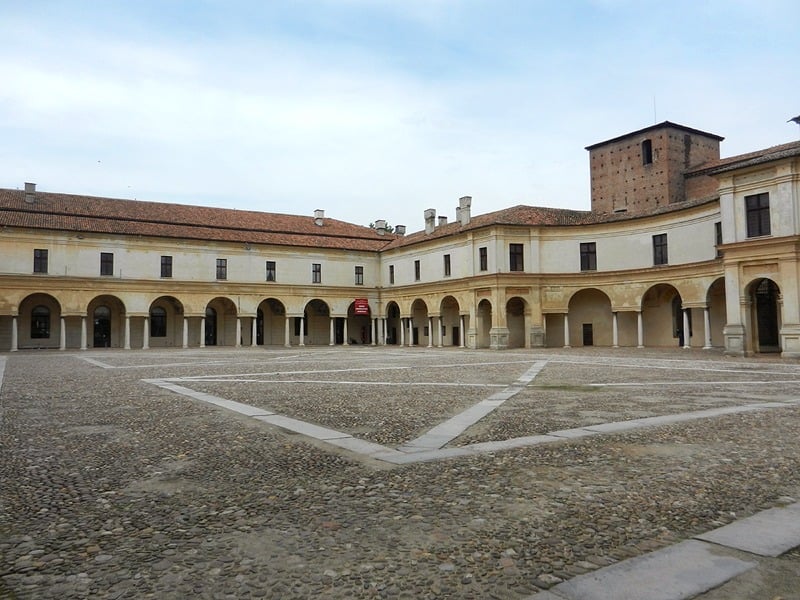Art World
Saying Skype Job Interviews Don’t Count, Italian Court Bars 5 New Museum Directors as Invalid
One museum head described the decision as potentially "disastrous."

One museum head described the decision as potentially "disastrous."

Caroline Elbaor

A controversy has sprung up in Italy as a court ruling barred the appointment of five new museum directors, citing a questionable selection process that included Skype interviews and the approval of a foreigner accused of being incompetent.
The decision, made on Thursday, comes after an attempt to restructure the country’s failing museum sector, which, despite housing priceless cultural objects, is still suffering due to a lack of leadership and scarce funding.
In January 2015, the Italian culture minister, Dario Franceschini, posted an ad in the Economist in an attempt to bring in recruits to head positions at museums across the country. In August of that year, he announced 20 new museum directors, including seven foreigners and four Italians returning from abroad.
A regional court, however, has found the selection of five of the chosen candidates to be invalid, the Telegraph reported yesterday, claiming that Skype interviews made for an unreliable screening process, and further saying that one foreigner, the Austrian Peter Assmann, who was in charge of the Palazzo Ducale museum in Mantua, should never have been eligible at all.
The ruling also impacts the directors of museums in Naples, Taranto, Reggio Calabria, and Modena. It came after a complaint was launched by two long-time museum employees who had applied, between them, for all five directorship positions but were not hired.
Franceschini vowed that the government would swiftly appeal the Tribunal’s decision, and expressed fear over Italy’s reputation following the announcement. “I’m worried about how Italy looks to the rest of the world and about the practical consequences, because as of today important museums don’t have a director,” he said, adding that the directors’ appointments had been made by a committee of international experts.
“There could not have been greater transparency and neutrality,” he said.
Eike Schmidt, the German head of the Uffizi Galleries in Florence, also criticized the ruling to the Italian newspaper La Repubblica, describing it as potentially “disastrous” for Italy, saying, “There is a risk of paralysis and if the reforms are blocked it would be tragic—not just for culture but for the economy.”